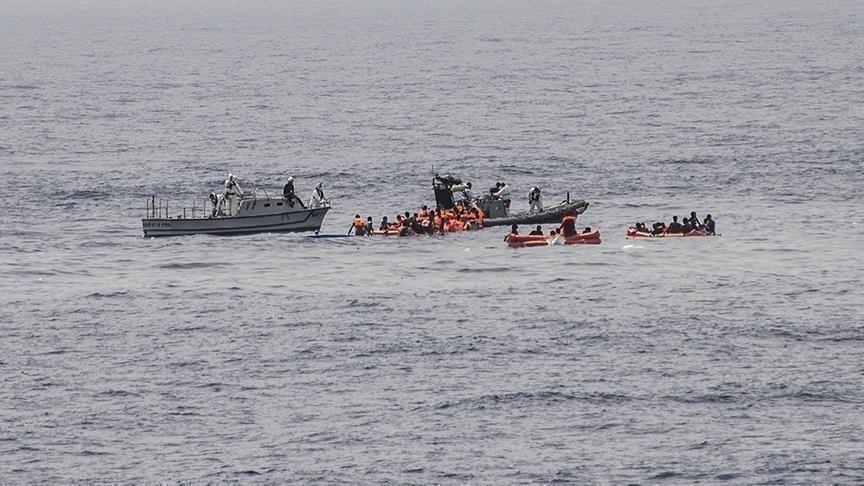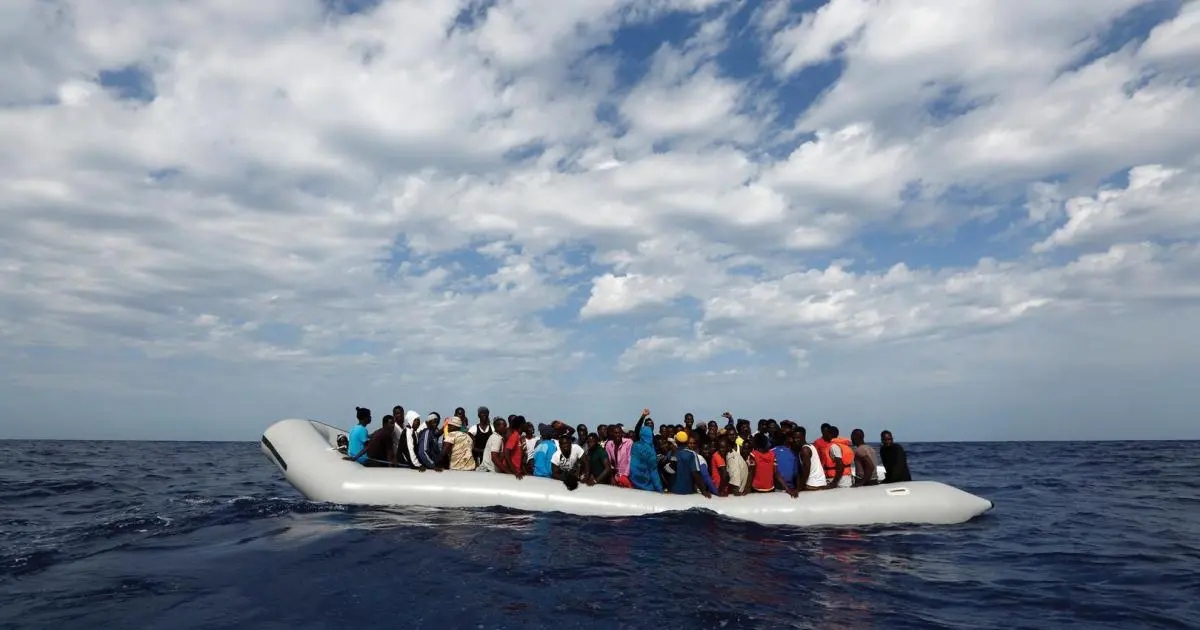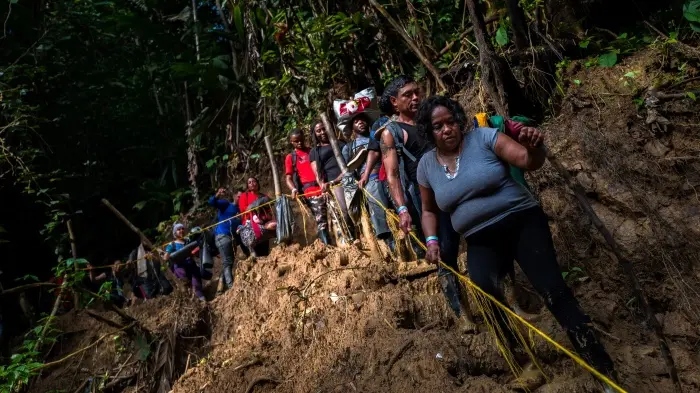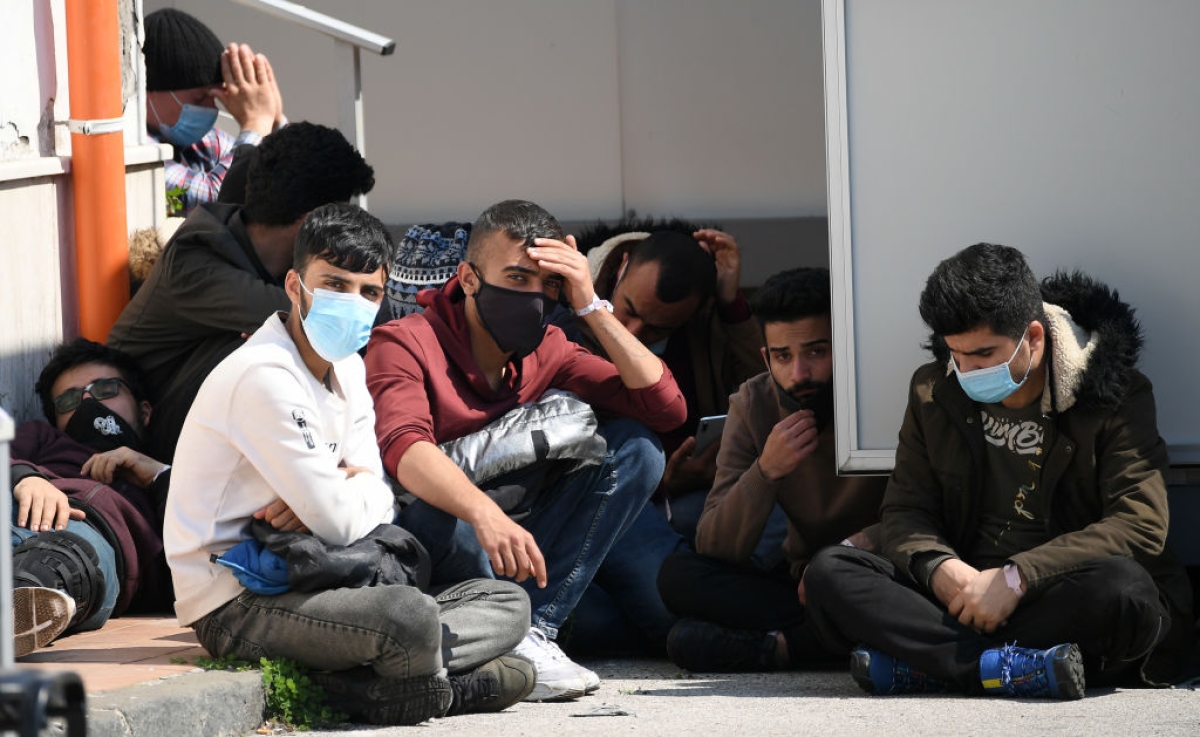Migration Deaths on Route to Canary Islands Escalate to
1,000 Monthly
In the first five months of this year, over 5,000 people
lost their lives attempting to reach Spain by sea, with 95% of these fatalities
occurring during Atlantic Ocean crossings from West and Northwest Africa to the
Canary Islands, according to a new report on the world’s deadliest migration
route. The collective Caminando Fronteras (Walking Borders), dedicated to
protecting migrant communities, provided these alarming figures.
Mauritania has emerged as the primary departure point,
accounting for 3,600 deaths between January and April, surpassing Senegal. Arrivals
in the Canary Islands have been steadily increasing for years, but 2024 has
seen a nearly 700% rise in fatalities compared to the same period in 2023. At
least 47 boats, often packed with hundreds of people, disappeared entirely,
resulting in an average of 33 deaths per day.
The Atlantic route to the Canary Islands primarily involves
southern Morocco, Mauritania, and Senegal, with fewer, albeit still dangerous,
crossings of the Mediterranean Sea. The land routes to the Spanish enclaves in
North Africa – Ceuta and Melilla – have seen a significant decline in traffic
in recent years.
In January 2024 alone, 83% of the 7,270 arrivals in the
Canary Islands originated from Mauritania, marking a significant shift from
previous years when most migrants departed from Senegal. Helena Maleno, the
director of Caminando Fronteras, highlighted an increase in the number of
women, younger migrants, and diverse nationalities from the Sahel region among
those taking the perilous journey.
The report criticized the Spanish authorities for not always
activating search and rescue resources, leading to more deaths at sea.
"The performance of rescue services is still very poor, with arbitrary
practices and insufficient means, resorting to passive search methods," it
noted.
The European Union and its member states have been accused
of reinforcing strategies that involve partnering with third countries to
reduce migration along certain routes. This approach has led to rights abuses
in countries like Libya and Tunisia and pushed migrants towards more dangerous
crossings, such as the Atlantic route. Migration expert Sani Ladan stated,
"When a route is shut, another one opens up."
Following a June 2022 incident where 23 migrants died at the
Melilla border, Morocco, with EU and Spanish support, has intensified its
crackdown on migration. Consequently, many migrants have shifted to routes
through Mauritania and Senegal to reach the Canary Islands.
Spanish Interior Minister Fernando Grande-Marlaska visited
Senegal in October 2023 to address the migration crisis, urging tighter
coastline control and facilitating repatriations. Frontex and the Guardia Civil
have begun operating in Senegalese waters and coastal cities, increasing surveillance
and control.
Frontex has blamed "criminal groups" for the rise
in dangerous crossings, stating that smugglers in Mauritania are exploiting the
increased demand from sub-Saharan migrants by overcrowding small fishing boats,
further endangering lives.
The EU parliament recently approved the new Migration and
Asylum Pact, which aims to manage migration and establish a common asylum
system. However, migration experts and refugee advocates argue that this pact
reinforces existing externalization policies, which contribute to human rights
abuses. The EU has allocated significant funding to countries like Egypt and
Mauritania to curb irregular migration, raising concerns about the implications
for migrant safety and rights.
Political turmoil and economic conditions in origin and
transit countries also influence migration trends. For example, in Senegal, a
government campaign to silence opposition has led to arbitrary arrests and
detention, prompting many to flee. Among them was 32-year-old Asaan Baakir,
who, after participating in protests and facing police brutality, decided to
risk the dangerous Atlantic crossing to the Canary Islands.
Despite reaching Spain, many migrants like Baakir face ongoing
challenges. Baakir, who is now working without legal documentation in
Barcelona, expressed his struggle: "My only goal is to work and support my
wife and family. I didn't come here to sleep or lie down." The journey to
a secure and dignified life in Spain remains fraught with obstacles, including
difficulties in accessing the asylum process and securing legal residency.









.jpg)